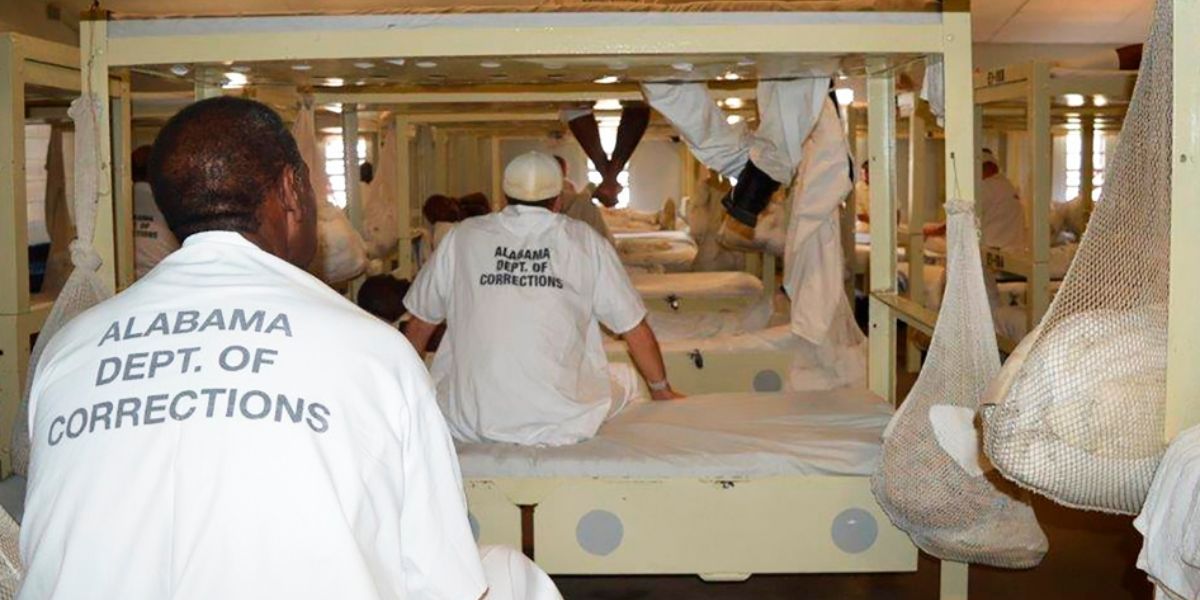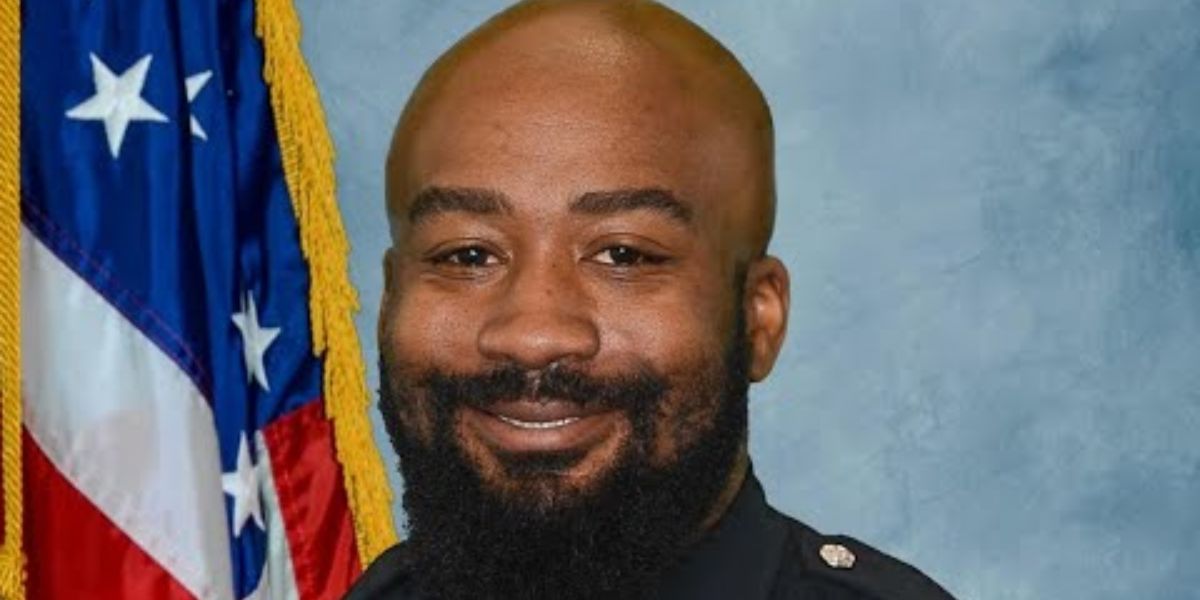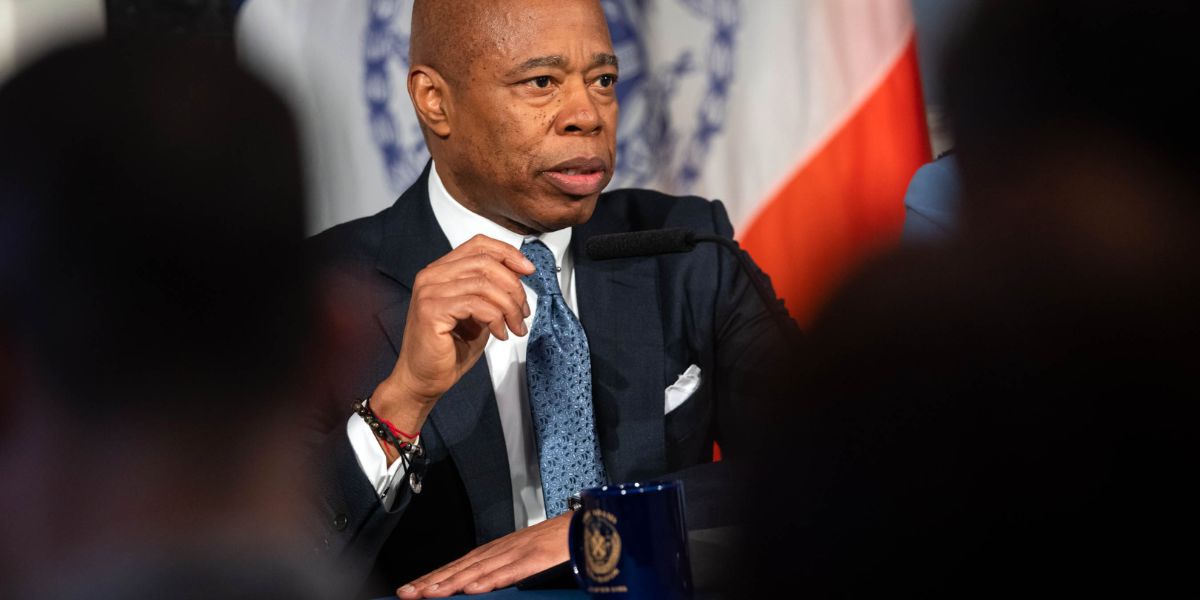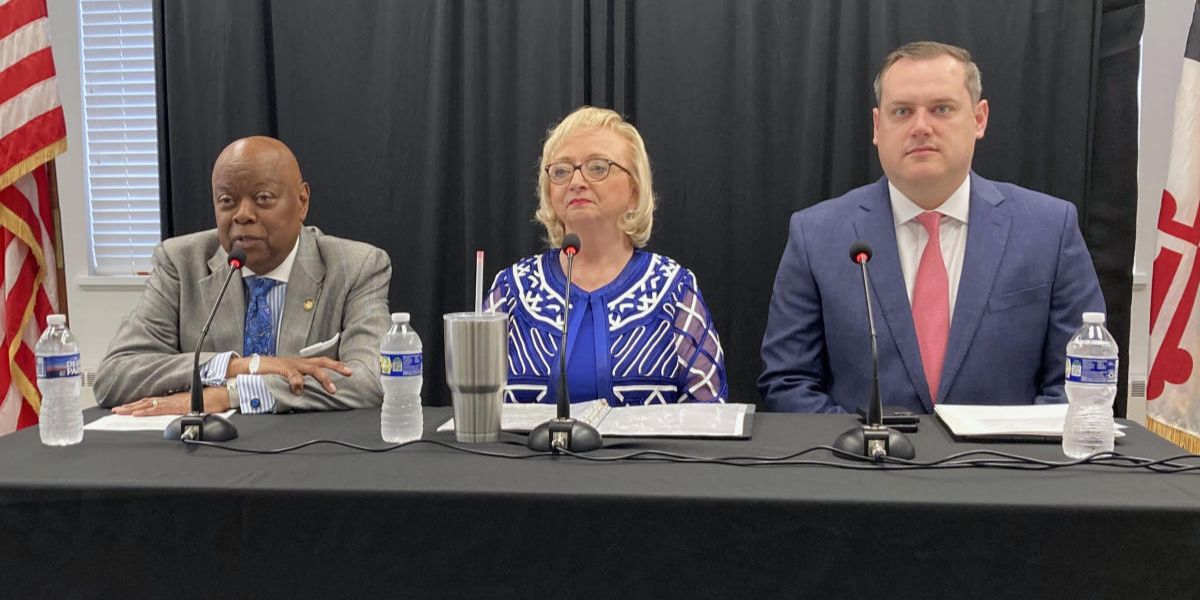CHANGE! Maryland Report Card System Critiqued By New Superintendent, Task Force Launched
DEBARYLIFE – Carey Wright, the state superintendent of schools for Maryland, positioned her term during an introductory news conference on Monday as one based on honesty and integrity.
One of her initial moves is forming a task force to investigate the Maryland Report Card, the state’s accountability framework for evaluating school performance.
The report card rates each school out of five stars based on many different criteria. Graduation rates, results on state examinations, attendance, and questionnaires regarding school life from instructors and students are among the metrics used.
Following her October temporary appointment, Wright was given a four-year contract last week to oversee the Maryland State Department of Education and its twenty-four school districts.
She questions the apparent discrepancy between the 76% of Maryland schools that have received three or more stars on the Maryland Report Cart and the 23% of kids who received proficient scores in arithmetic and 47% of children who received proficient scores in English language arts on a statewide standardized test.
Wright remarked of the Maryland Report Card grades, “That doesn’t ring true.” “It is not possible to have student achievement that is nearly on par with the excellent ratings for three-quarters of your schools.”
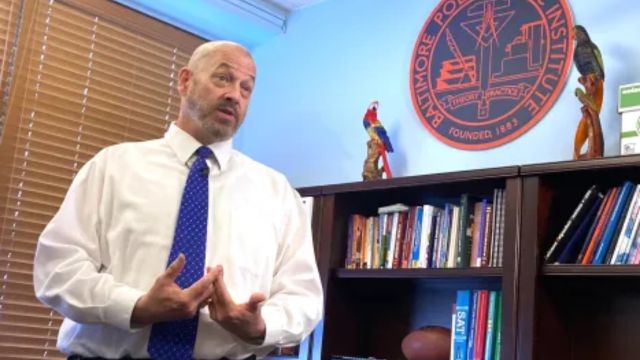
The task force is led by the Center for Assessment, a national nonprofit education organization that assists in creating accountability models. Members of the task force include superintendents, principals, local assessment officials, and representatives from postsecondary educational institutions.
According to Wright, the task force will meet twice a month starting on Thursday and will go “on a fast track.” Before the upcoming Maryland General Assembly legislative session, it will offer suggestions on how to enhance or modify the state’s accountability model.
Related To – South Carolina’s Education Committee Advances Bill for Non-certified Teacher Employment
Mississippi’s school system was consistently ranked lowest in the country before Wright took over. Under Wright’s nine years in office, the performance of Mississippi’s impoverished students exceeded that of their peers who had comparable demographics. She claimed that accountability and assessment played a significant role in her work in Mississippi.
In Maryland, a state with “massive riches” in resources, Wright said she intends to investigate the state’s persistently falling math and reading test scores over the past ten years, which appears to have received little attention.
She stated, “Being honest about where we are and the strategies we need to implement is the only way we’re going to get better.”
According to Wright and Josh Michael, vice president of the Maryland State Board of Education, the department intends to simplify the Maryland Report Card website so that it is easier for the general public to understand.
Wright stated that there is a “legitimate concern” that her office is investigating regarding the three updates that state education officials have made to the evaluation system in the last three years. To increase proficiency and growth, the task force will closely examine the actions taken by school district administrators and teachers in the classroom.
Related To – Illinois House Committee Approves Plan Requiring Junior High Fentanyl Education
Wright declared, “To be honest, I don’t think anyone is being held accountable by our accountability system.”
Although there is certainly space for improvement, Maryland’s accountability system, according to Cheryl Bost, president of the Maryland State Education Association, accounts for the “whole student and their educational experience” better than those of other states. She believes that during the task force’s evaluation, teachers’ perspectives will be considered.
“Educators have long supported an accountability and assessment framework that relies less on required standardized tests that eat up too much instructional time, restrict curriculum, and ultimately reveal more about a child’s socioeconomic status than their characteristics as a learner,” Bost said in a statement.
She said that teachers are the ones who have the most insight into how assessment tools affect their classes and students and how they might enhance rather than detract from in-class learning.
Eight Republicans in Congress charged last year that Mohammed Choudhury, the former superintendent of Maryland, had concealed a large number of underperforming schools. The agency did not violate any federal privacy rules, according to Maryland’s inspector general of education, and there was no proof of any wrongdoing.
The task committee headed by Wright is examining ways to preserve student privacy while presenting more detailed data from the state exam known as the Maryland Comprehensive Assessment Program.





